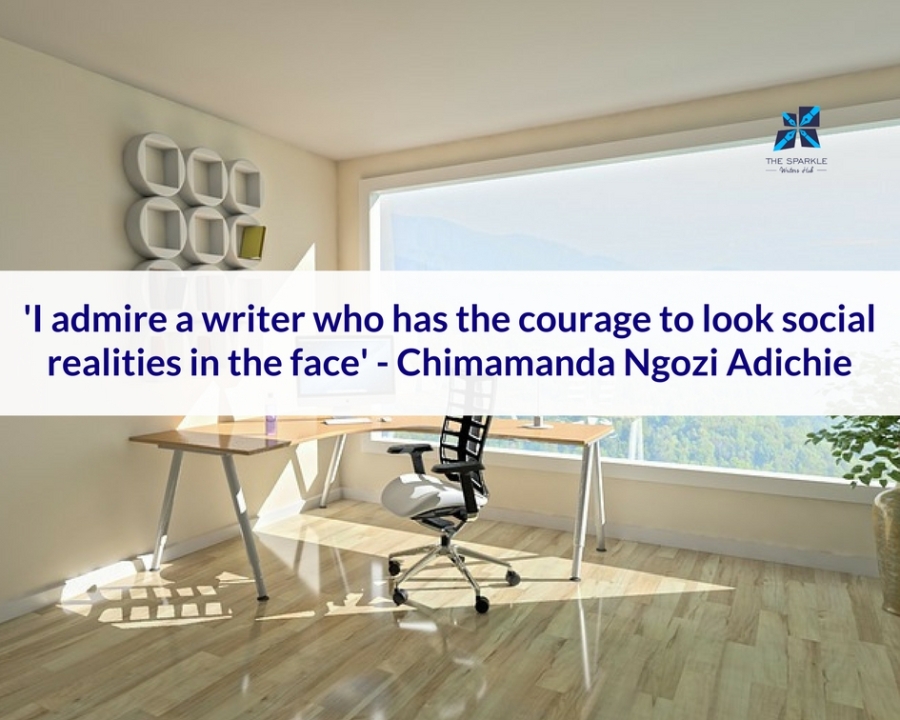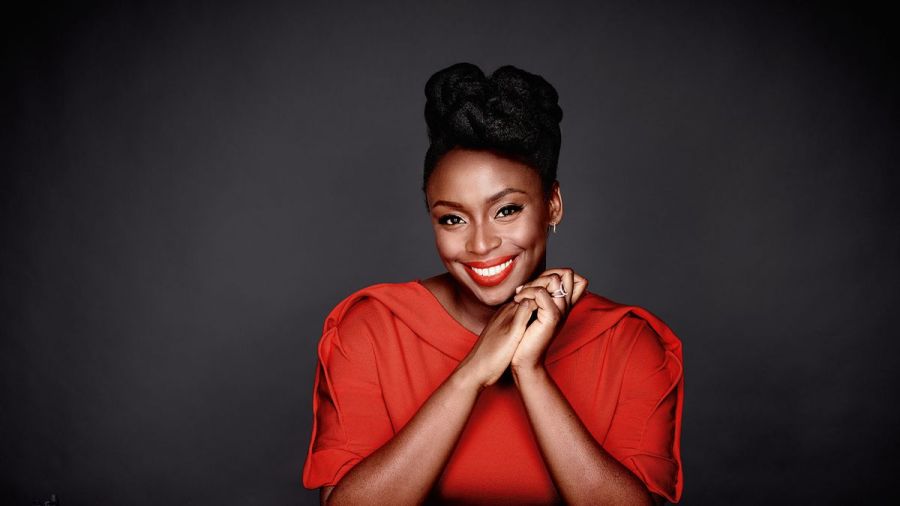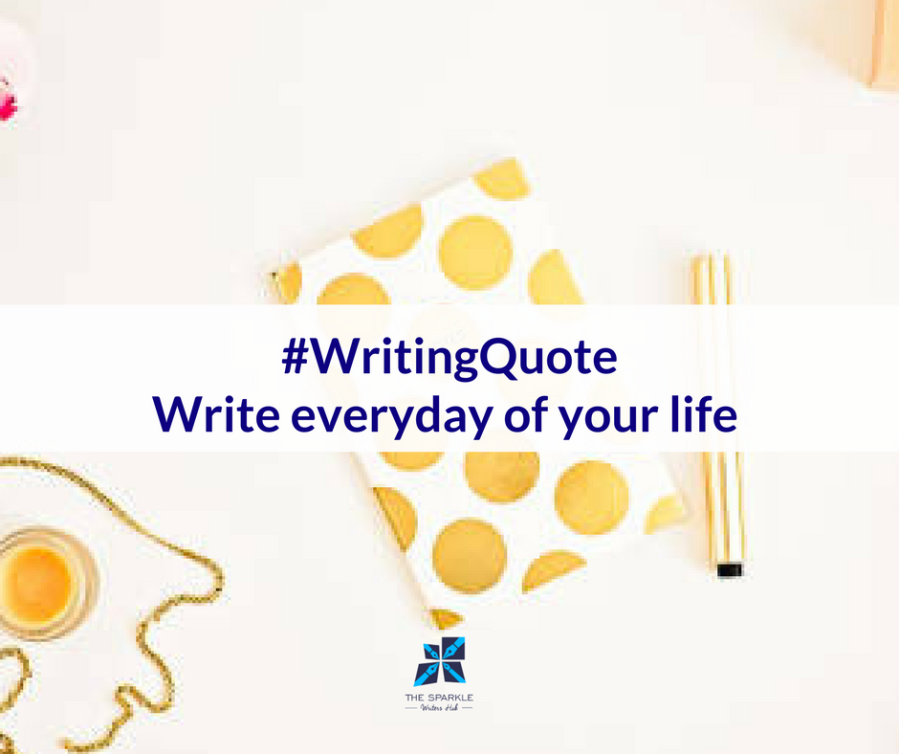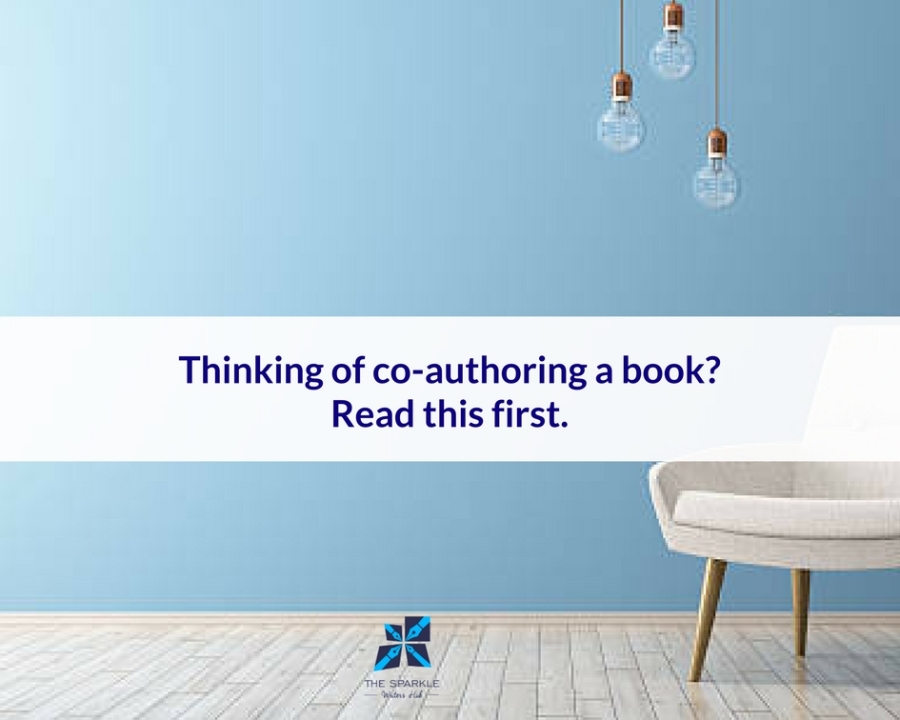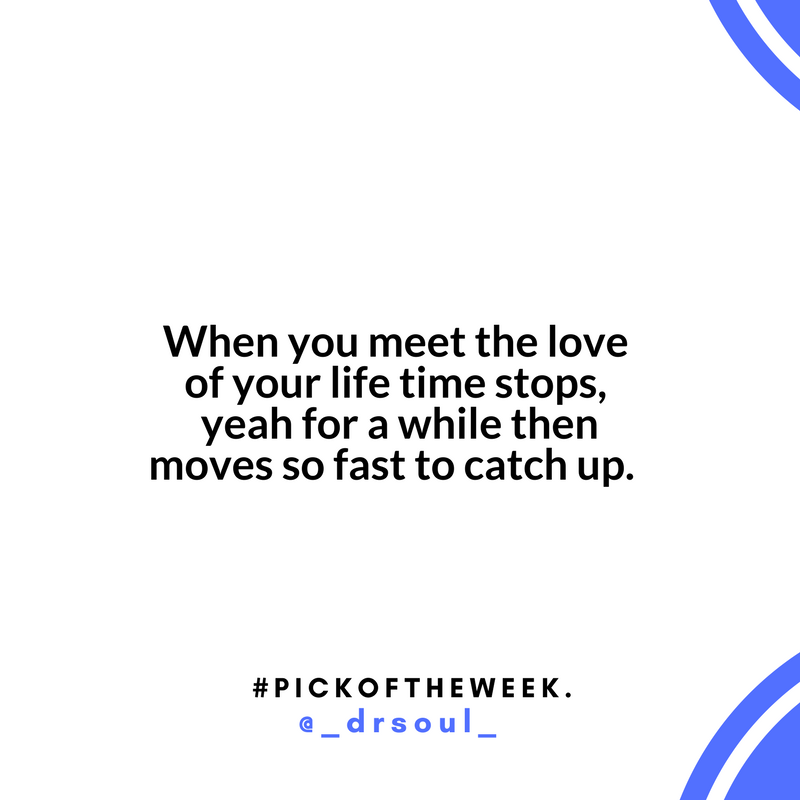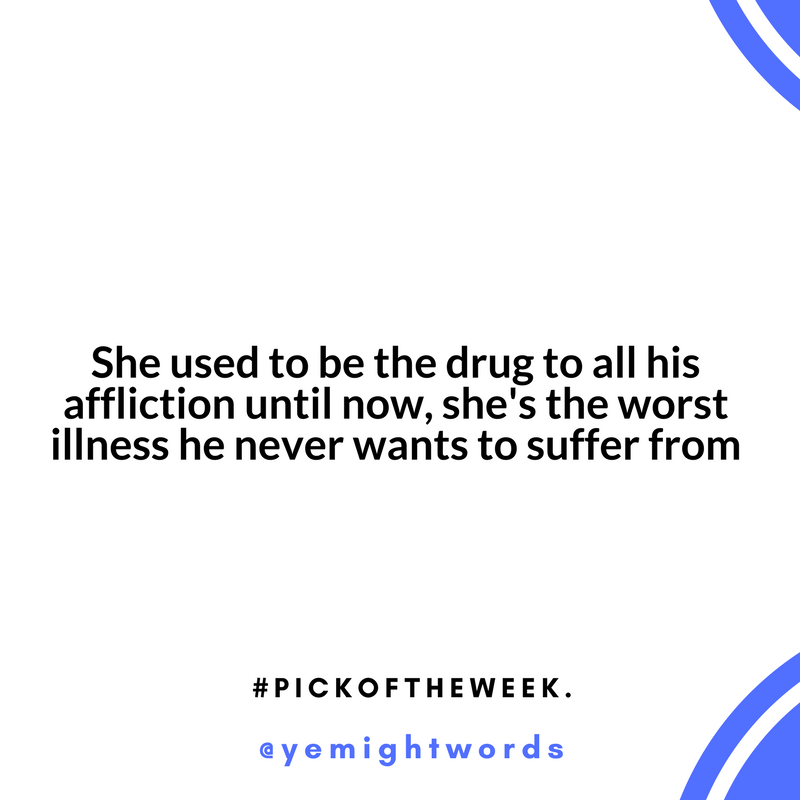I’d stick by it, for the purpose of this narrative.
I had a dream, last night.
You were weaved into its fabric, it felt like a genuine heart-to-heart connection.
Nah, who are we kidding? We all know the typical constants of my worlds.
It’s sad, but you aren’t a part of them. No, you definitely aren’t.
Spitefully, the Mafia did too. Whilst Collins and I were you know, loving up and stuff, the Mafia had to come boo us.
Urrrgh! I don’t even want to think about it.
So this blessed day, I say my prayers; preparing to head for the classroom.
This week, I am particularly interested, in building my relationships on hearth. ‘Why do you care so much about my actions? Or what I wear, for that matter?’‘No, I’m not listening to you this time.’
I have a presentation to prepare for.
‘Nooooooo!’ I shrieked, then stopped, as if suddenly regaining full consciousness.
‘Open the door, what is wrong?’
Reina was at the door. I hope that huge dude; the neighbor I was just talking to, is not behind her!
I opened the day, my eyes heavy from lack of sleep.
‘Reina, good morning.’
She sized me up; giving me her classic worried look.
‘Lucy! You scared the hell out of me. Why did you shout so much?’
‘Errhhmm…it’s nothing, really.’ At this point, I was looking anywhere but into Reina’s eyes.
‘Do we need to see a doctor, dear?’
I laughed uncomfortably.
‘Reina I’m fine; just tired. I need to prepare for the seminar presentation. Would you call me when you’re leaving for lectures?’
‘Of course, Lucy.’
‘But we still need, to talk!’
I stylishly show Reina out, careful not to exceed 15cm beyond my door.
That silly hulk of a neighbor, trying to use magnetic waves to control my thoughts!
I had chosen an orange gown which had black and white polka dots, to his dismay this morning.
For the past 2 weeks, he had literally been picking out clothes for me to wear.
In all fairness, he had a nice sense of style, but still! I get, to choose my own clothes.
It’s not like he talks to me in person, anyway- it’s just via these electromagnetic waves. I’m guessing its because he’s super-sophisticated?
I heard he works at this really big IT firm.
This morning’s instructions were however, a little overboard.
I mean, what happened to gentle romance that grew over time?
He’d literally ordered me to put on a blue pencil skirt, a white shirt laced with gold around its edges and a black pair of open-toed pump heels.
I’d considered his suggestion.
He’d then asked that I paint my finger and toe nails red.
That, had been his undoing!
I had a seminar to prepare for,and he was asking me to paint my toenails red? A presentation before professors and doctors?
He must, I conclude, be the convener of the Mafia! He whispers, even now that he wants to take out to dinner, this evening. ‘Errhh…I don’t want to have dinner with you, dear sophisticated Hulk who communicates with me using electromagnetic waves. I don’t!’
It has taken every ounce of willpower that I possess, to consciously put him out of my mind.
All I want, is peace, enough to tidy up my presentation and stop my team-mates from concluding that I’m the fool they always thought I was.
It’s 9:15am.
Gratefully, Mr. Hulk has gone to work, I presume- he has left me alone for about an hour.
I don’t care if he’s tried inviting another lady to dinner already.
Wait, I’m not being insecure, am I? Only being logical, right?
But really, why would he choose me over those fair skinned, pretty girls at his office?
I’m only a fat girl anyway, one whose tummy would definitely protrude through the pencil skirt he bought me. Oh, sorry, he didn’t buy it- only instructed me to wear it.
I take a sneak peek into our wedding…I can see us together; me in white, he in black; saying our vows as I continuously admire the broadness of his shoulders and the absolute whiteness of his teeth.
I am interrupted by an individual who seems to be clearing the throat.
I look around, startled.
Has Reina come in, unnoticed?
‘Really, Lucy; really?’
I should have known; Collins would be jealous.
ABOUT ABIOYE PEJU
Abioye Peju is a final year medical student of Bowen University, with a palpable passion for writing. She is an ardent believer that behind every medical case, is a story itching to be told. She writes at medicology101.blogspot.com



